Remote starter immobilizer bypass module
For any remote starter to work, it must “trick” the vehicle into thinking that the key is in the ignition, and that’s where the vehicle remote starter immobilizer bypass module comes in.
Whether they’re called an ignition immobilizer interface, transponder bypass kit, or a passlock interface, they are all bypass modules, and they do the same job.
An immobilizer bypass module allows the user to remotely start the car.
As the cars need to start. The cars after 1998 cannot remotely start if the immobilizer module is not in place. So for any remote starter to work, it must have it to think that the key is in the ignition.
A Bypass Module Mimics the Vehicle’s Key Well. When the dealer installs your remote car starter, they program the bypass module with your vehicle’s key. This way, the bypass module will emit the same unique signal as the transponder chip in your car key.
Why is a Bypass Module Needed for Remote Starters?
When you use a remote starter, your physical key is not in the ignition. Without a bypass module, the vehicle’s immobilizer system would detect the absence of the transponder key and prevent the remote starter from engaging the engine, or it would allow it to start briefly before shutting it down.
How the Bypass Module Works:
The remote starter immobilizer bypass module acts as an intermediary between the remote starter and the vehicle’s immobilizer system. When the remote starter is activated:
- Mimics the Key: The bypass module is typically “programmed” or “learned” to the vehicle’s specific immobilizer code. This is often done by temporarily connecting the bypass module to the vehicle’s computer system, sometimes requiring a spare key to be present during the programming process (though many modern modules can do this without needing to “sacrifice” a key).
- Sends a Valid Signal: When the remote starter sends the “start” command, the remote starter immobilizer bypass module temporarily emits the same unique, valid signal as the transponder chip in your car key.
- Immobilizer Deactivation (Temporary): The vehicle’s immobilizer system receives this valid signal from the bypass module and momentarily deactivates, allowing the engine to start.
- Security Re-engagement: Crucially, once the remote start sequence is complete and the engine is running, or if the remote start is disengaged (e.g., you open a door to enter the car), the remote starter immobilizer bypass module disarms itself, and the factory immobilizer system reactivates. This means the vehicle’s original anti-theft security is fully maintained when the remote starter is not actively engaged. The car is just as secure as it was before the remote starter was installed.
Common Types of Bypass Modules:
- Data Bypass Modules (Most Common Today): These are highly advanced, vehicle-specific modules that communicate directly with the vehicle’s data bus (CAN bus, LIN bus, etc.). They don’t typically require a physical key to be placed inside the vehicle. They are programmed with firmware specific to the make, model, and year of the vehicle, allowing for seamless integration. Brands like Fortin (EVO-ALL, EVO-ONE, EVO-KEY) and iDatalink (Maestro) are leading manufacturers in this category. Many modern remote start systems even have the bypass functionality built directly into their main control module.
- Key-In-A-Box Modules (Older/Less Common): These older modules literally required a spare car key to be physically placed inside the bypass module box, which would then be hidden within the vehicle. When the remote start was activated, a coil in the bypass module would temporarily energize the transponder chip in the key, sending its signal to the car. These are less common now due to the security risk of having a key permanently hidden in the car.
- Universal vs. Vehicle-Specific: While some bypass modules claim to be “universal,” most high-quality installations use modules (or firmware within a module) that are specifically programmed for the make and model of the car to ensure proper communication and functionality.
Legality in Canada (including BC):
Remote starters and their accompanying remote starter immobilizer bypass modules are fully legal in Canada, including British Columbia, provided they are installed correctly by qualified professionals. The key aspect of their design is that they temporarily override the immobilizer only during the remote start sequence and do not permanently disable the vehicle’s anti-theft system. This ensures that the vehicle remains protected when not being remotely started.
In Surrey, BC, many car audio and security shops that install remote starters will include the cost of the necessary bypass module in their quotes, as it’s a required component for most vehicles built after 2000.

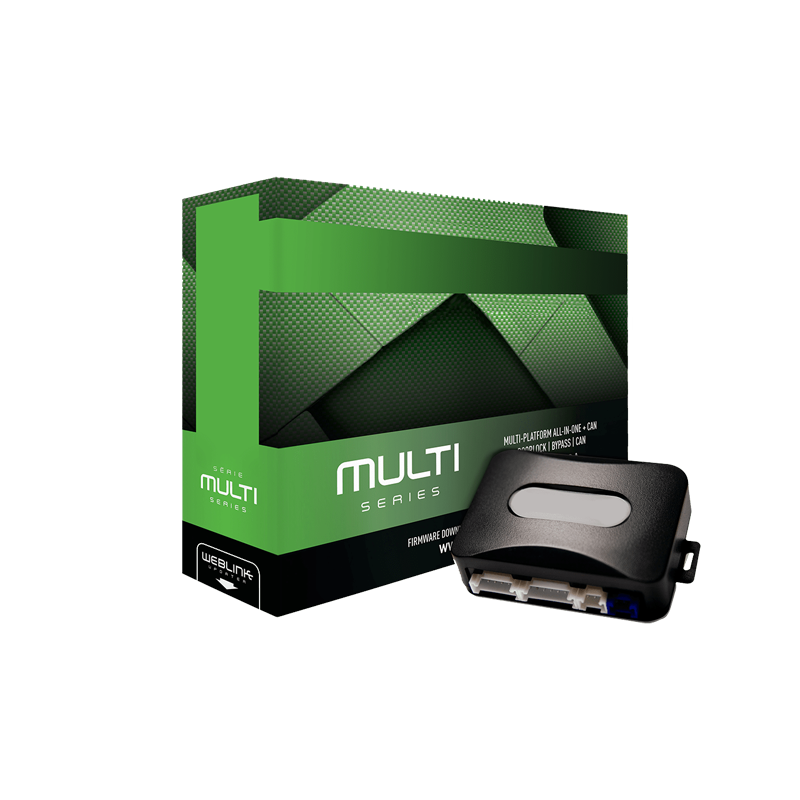
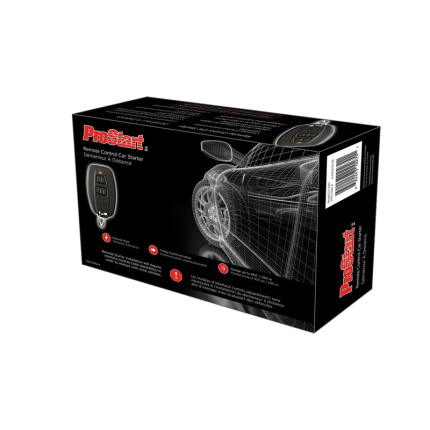
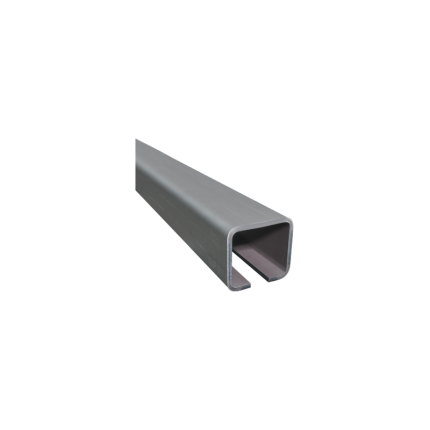

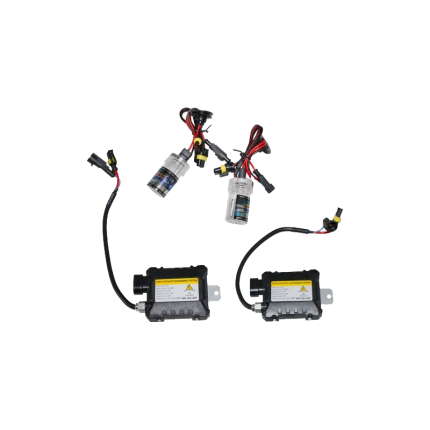
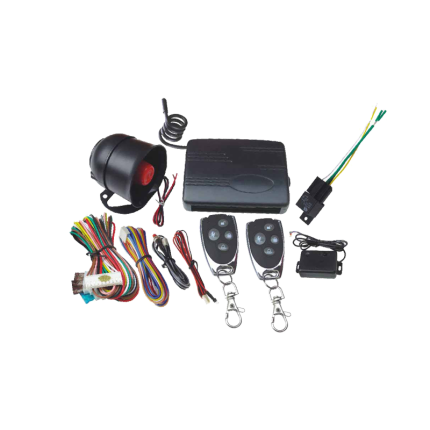
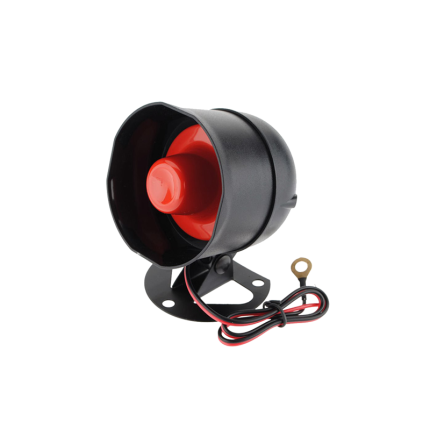
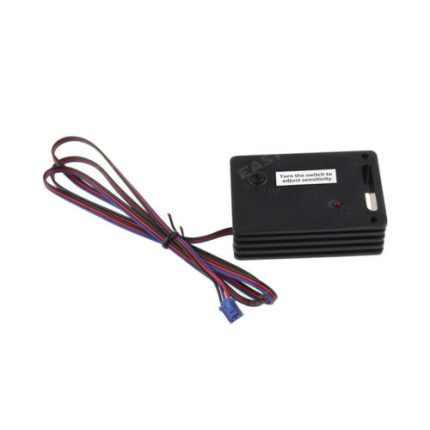

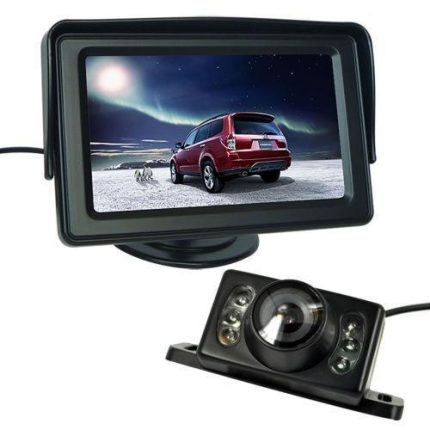
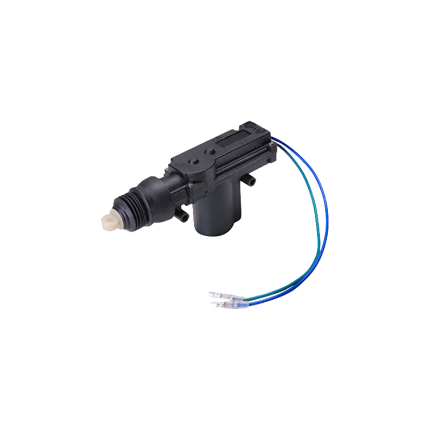


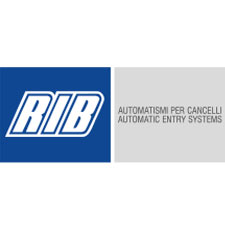






Reviews
There are no reviews yet.